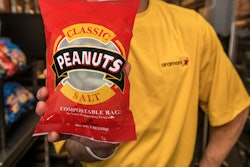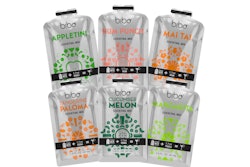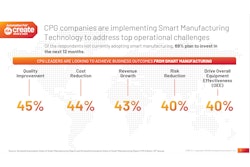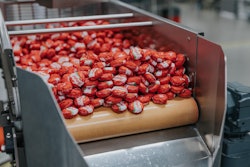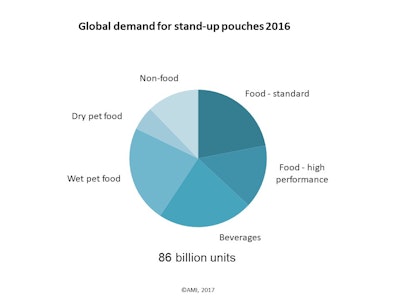
Stand-up pouches represent one of the fastest-growing flexible packaging formats with global demand expected to pass 90 billion units in 2017, according to a newly published report from AMI Consulting.
“Despite the initial high capital investment in stand-up pouch filling lines, the overall savings on packaging costs in tandem with stand-up pouches’ good environmental profile will continue to keep brand owners interested,” says AMI Consulting Senior Market Analyst Márta Babits. The growth of specialty pouch contract packers has also contributed to driving down costs and expanding interest in stand-up pouches.
Wet pet food in stand-up pouches is long-established and still represents the largest segment, particularly in developed markets driven as a substitute for cans. The market penetration of beverages has been facilitated by the global market success of Capri Sun, a juice drink marketed in stand-up pouches, produced under license by different bottlers worldwide, and with an expanding production footprint.
The fastest growth, notes the report, is in the high-performance food category, particularly ready-to-eat baby food and fruit compotes. Here, the flexible pouch tends to replace glass jars and is seen as a light-weight option that provides convenience and on-the-go consumption. Other segments such as liquid yogurts are also enjoying double digit growth in stand-up pouches, notes AMI.
AMI forecasts that overall stand-up pouch demand will reach 113 billion units by 2021, representing a Compound Annual Growth Rate of nearly 6% through that year, although it expects above-average growth in some segments. “There are still technology gaps to meet complex customer demands, particularly in high-performance applications to balance costs and technical requirements, which will provide opportunities for innovative and well-organized companies,” notes Babits.
